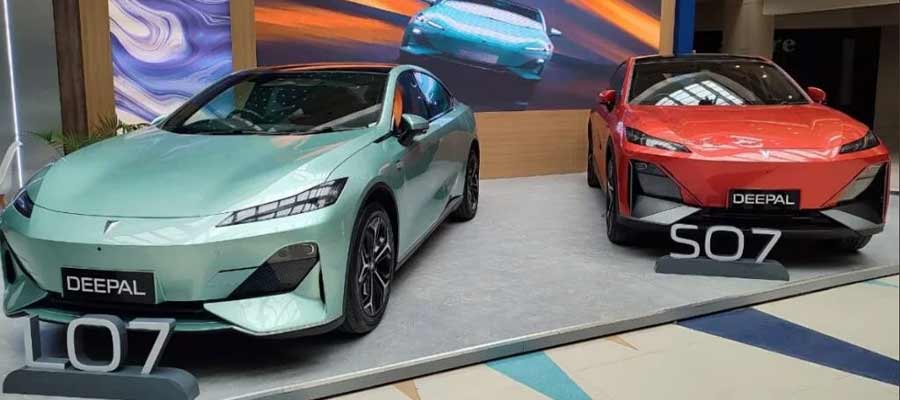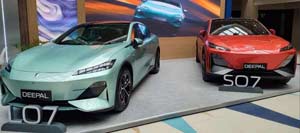How are Policymakers Promoting Electric Vehicles in Pakistan?
How the Pakistani Government Is Promoting Electric Vehicles Through Subsidies, Infrastructure Development, and Pro-EV Policies to Build a Sustainable and Affordable Transport System for the Future.


Table of Content:
What is the National EV Policy 2025–30, and what are its key goals?
What financial support or subsidies are being offered to encourage EV adoption?
What infrastructure developments are being made for EVs?
How is the local auto industry responding to these policies?
The National Electric Vehicle (EV) Policy 2025–30, approved by the Government of Pakistan, aims to electrify 30% of all vehicles in the country by the year 2030. This includes cars, motorcycles, buses, trucks, and rickshaws. The policy is designed to reduce Pakistan’s dependency on imported fossil fuels, cut greenhouse gas emissions, and modernize its transportation sector. Key goals include:
• Introduction of tax incentives on EV imports and local manufacturing
• Subsidies for electric bikes and rickshaws
• Mandatory EV charging infrastructure in new buildings
• Deployment of EV charging stations along major highways and cities
• Support for local EV production and technology transfer
The initiative positions Pakistan to join the global transition toward cleaner, greener mobility while also encouraging private-sector innovation in the auto industry.
The government has allocated ₨ 9 billion in subsidies to support the rollout of electric two- and three-wheelers (e-bikes and e-rickshaws), especially targeting the middle and lower-income population. These vehicles are more affordable and widely used in Pakistan, so converting them to electric is a priority.
In addition, the policy offers the following incentives:
• Reduced customs duties on imported EVs, batteries, and EV components
• Exemptions or lower rates on General Sales Tax (GST) for locally assembled EVs
• Incentives for private investors to build EV assembly plants and charging infrastructure
• Reduced registration fees for EV buyers in certain provinces like Punjab and KP
These financial incentives aim to make EVs competitive in price with traditional petrol or diesel-powered vehicles, thereby accelerating mass adoption.
A major hurdle in EV adoption is the lack of charging infrastructure—but that is changing. The policy mandates:
• Charging stations every 100–120 km on national highways and motorways
• Fast-charging points at petrol stations, commercial plazas, and public parking areas
• Battery swapping stations in urban areas, especially for e-rickshaws and delivery bikes
• Mandatory EV-ready wiring in new housing and commercial projects
As of July 2025, around 30 public charging stations are operational across major cities like Islamabad, Lahore, and Karachi, with many more in planning or construction phases. Private companies have also been invited to invest in charging solutions.
Several automakers and investors are embracing the shift. BYD, the Chinese EV giant, is partnering with Mega Motors to build a major EV assembly plant near Karachi, with production expected to start in early 2026. Local brands like Sazgar and Jolta are already producing electric rickshaws and motorcycles.
Meanwhile, Hyundai, MG, Changan, and Proton are actively studying local assembly possibilities for their EVs. Some brands have already launched hybrid variants and low-cost EVs to test the market. While challenges remain—like power load-shedding and high battery costs—the industry outlook is increasingly optimistic thanks to strong government backing.
We are operating in Karachi, Islamabad, Lahore, Multan, Peshawar, Faislabad and other cities of Pakistan.